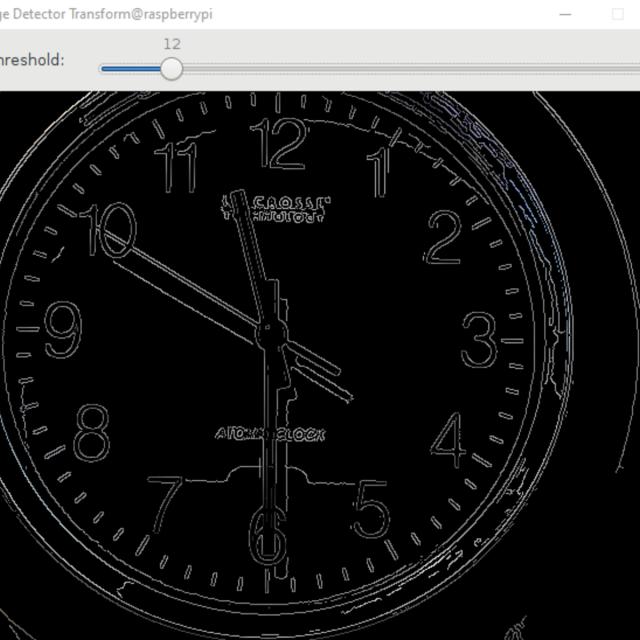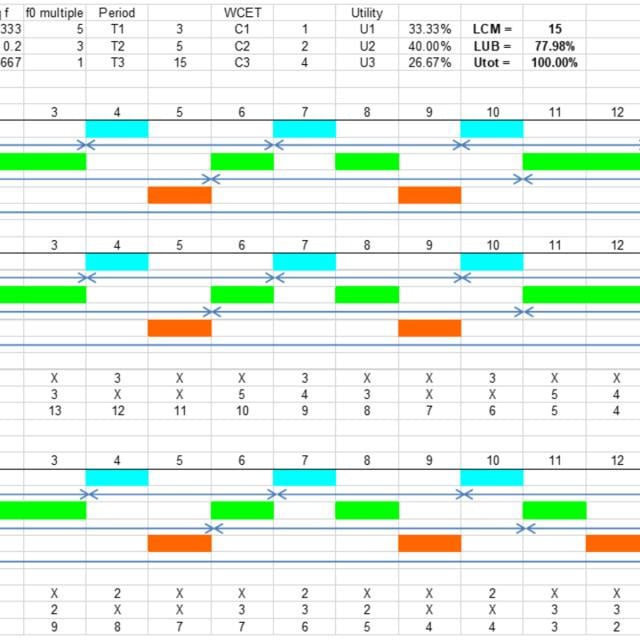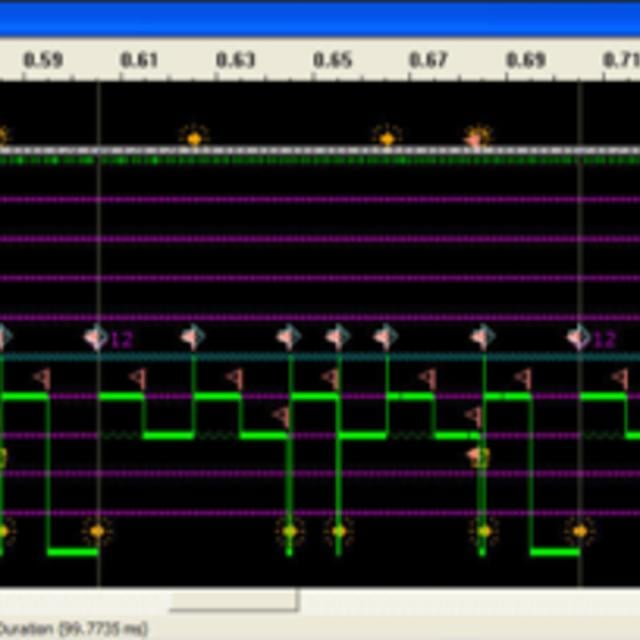Real-Time Embedded Systems Specialization
The Real-Time Embedded Systems specialization is a series of four course taking you from a beginning practitioner, to a more advanced real-time system analyst and designer. Knowledge and experience gained on hard to master topics such as predictable response services, when to allocate requirements to hardware or software, as well as mission critical design will enhance your engineering talent. You will gain experience building a simple, but real, system project with real-time challenges, that will boost your confidence.
The hands-on, at home, project hardware is affordable, widely available, and quick-time-to market methods leverage Linux real-time extensions, open source RTOS (Real-Time Operating System), as well as tried and true cyclic executives.
After you complete all four courses in the series, you can consider yourself an intermediate to more advanced real-time system practitioner. This knowledge is invaluable for medical, aerospace, transportation, energy, digital entertainment, telecommunications, and other exciting embedded career options.
The series stresses hands-on practice and assessment of your learning progress, not only based on knowledge acquisition, but by teaching you to put theory into practice and how to evaluate design options and make optimal choices. The unique final project allows you to see real-time challenges with your eyes, to debug interactively, and build a simple at-home detection, tracking and synchronization system.
WHAT YOU WILL LEARN
- Rate Monotonic theory and policies
- Methods of Rate Monontoic analysis
- Real-time system design techniques
- Engineering principles for allocating functionality and services to hardware, firmware or software implementation



